Our final full day on Cyprus
dawned gloriously sunny once more, and with perfect blue cloudless skies above
us we made the quick ten minute journey to the archaeological (and birding)
treasure trove of Paphos Headland.
Paying the small entrance fee and admiring
the many ruins scattered around the site, we set to work exploring the small
shrubs and scrub, the bright black and white butterfly flight of a Hoopoe our
first bird of note while a harsh tacking in one of the bushes (that briefly got
our hopes up) turned out to be yet another Sardinian Warbler. A handful of
Blackcaps, Chiffchaffs and Lesser Whitethroats busied themselves in the
lighthouse compound, but it soon became apparent that despite the headland’s
reputation as a birding hotspot there was very little activity that morning (or
indeed that spring – a birder who visits Cyprus every year told us this was by
far the quietest he’d seen it in a long while).
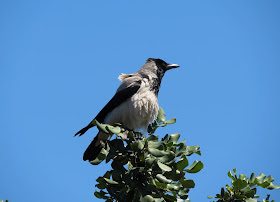 |
| One of many Hooded Crows on the headland |
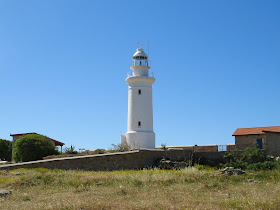 |
| Paphos Lighthouse |
Never the less we spent an
enjoyable morning exploring the site, the blanket of wildflowers carpeting the
headland providing a welcome splash of colour while the many ruins, temples and
mosaics dotted around the site provided an interesting insight in to the rich
historical past of ancient Cyprus.
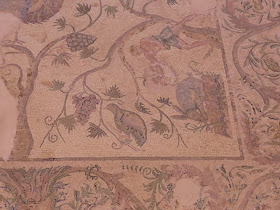 |
| Some of the ancient mosaics on display at the headland even featured birds! |
Checking out a woodland
compound towards the centre of the headland delivered a few more birds in the
form of several secretive Nightingales and a skulking Redstart, while three
Purple Herons roosting in one of the trees above was a touch more unexpected.
 |
| Purple Heron |
With nothing more to show for
our morning and after a relaxing lunch back at the hotel, we decided to visit
Mavrokolympus Dam for a second time, primarily to try and get photos of the
Cyprus Scops Owls but also to see what avian delights we could unearth on the
reservoir itself and surrounding scrubland in daylight hours.
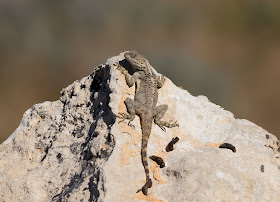 |
| Starred Agamas watched us from the rocks as they sunbathed |
Upon arrival we were met once
more by the now familiar trilling of several male Cyprus Pied Wheatears perched
on the wires while Sardinian Warblers scolded us vocally from below.
The reservoir itself held just
a handful of Yellow-legged Gulls loafing on the water’s surface while a
stalking Night Heron in the reedy edges sat silently in the search for an
evening supper.
With darkness beginning to
descend and no further birds of note we headed over to the start of the dam
road (an unusually large boulder on the track luckily not doing any damage to
the underside of the car despite an alarmingly loud bang!) and got in to
position by the side of the cliffs. A Chukar (possibly the one from the
previous evening) showed remarkably well in a concrete yard in front of the car
(speedily avoiding our cameras however) and it wasn’t long before the familiar
double bong of the Cyprus Scops Owls echoed across the valley.
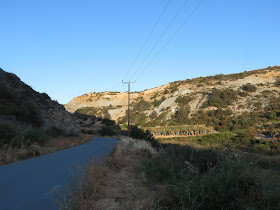 |
| The owls favoured telegraph wires |
Armed ready with our cameras, this
time we managed to secure much more prolonged views, with one of the owls
landing on the nearby telephone pole and calling loudly, enabling the blurriest
of record shots in the fading light.
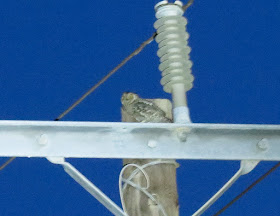 |
| Cyprus Scops! |
Previously only considered a
subspecies and endemic to Cyprus, these resident birds have long been suspected
of being suitable for elevation to full species status (being much darker and
having a second quieter note after the first call) and after in depth sound
recordings and analysis of the mitochondrial DNA, the differences were
confirmed.
Interestingly, European Scops
Owls also pass through Cyprus on migration, which could create some confusion.
However the endemic Cyprus Scops is largely sedentary, and due to these birds already
occupying the prime habitat on the island, colonisation from any of the migrant
European Scops is prevented, with no records of interbreeding between the two.
Extremely happy with our
success on the Scops Owl front and with the temperature now dropping, we headed
back to the hotel happy, enjoying a final evening meal of delicious Greek lamb
chops before packing our things and getting ready for our final morning in the
scenic Troodos Mountains before our evening flight the next day.







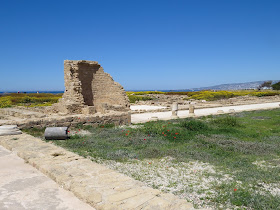
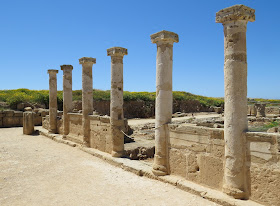
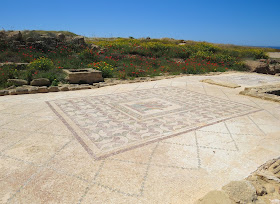
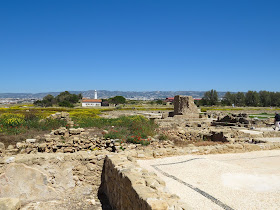
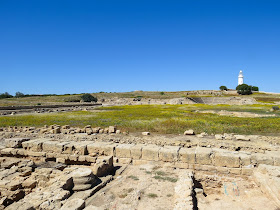
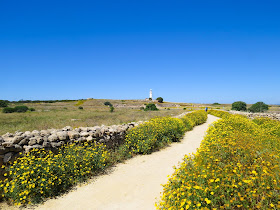
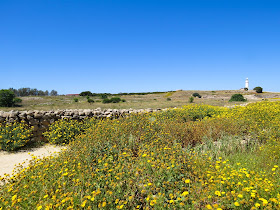

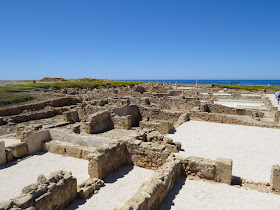
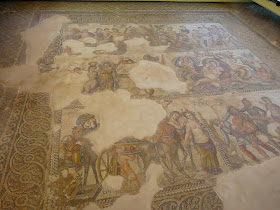
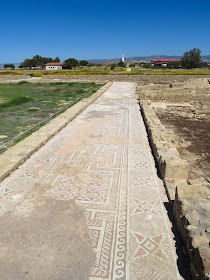
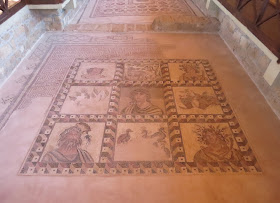

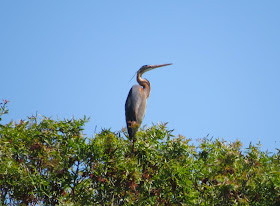

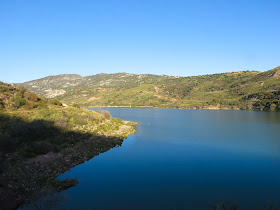

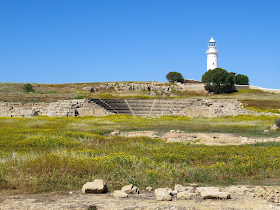
No comments:
Post a Comment